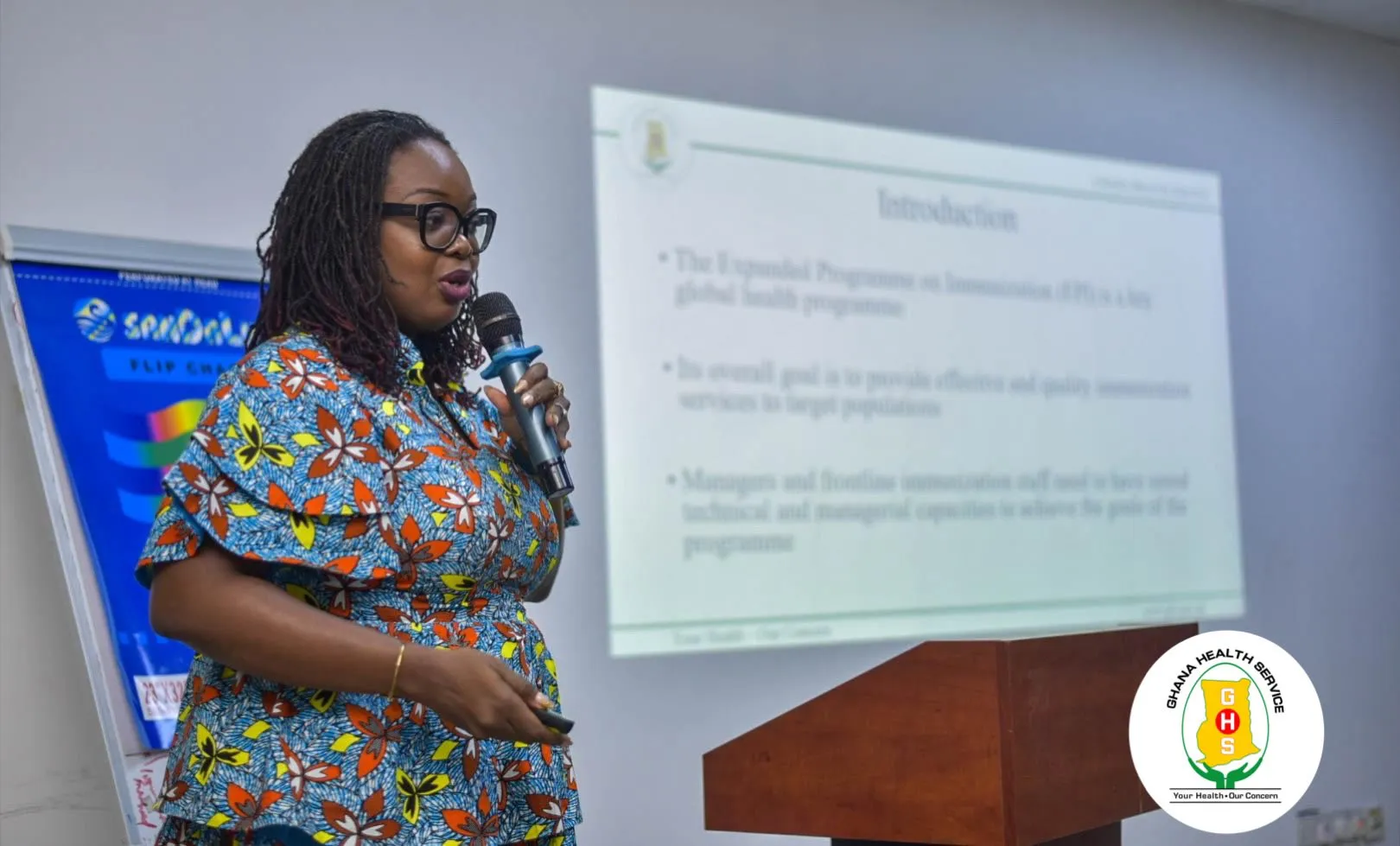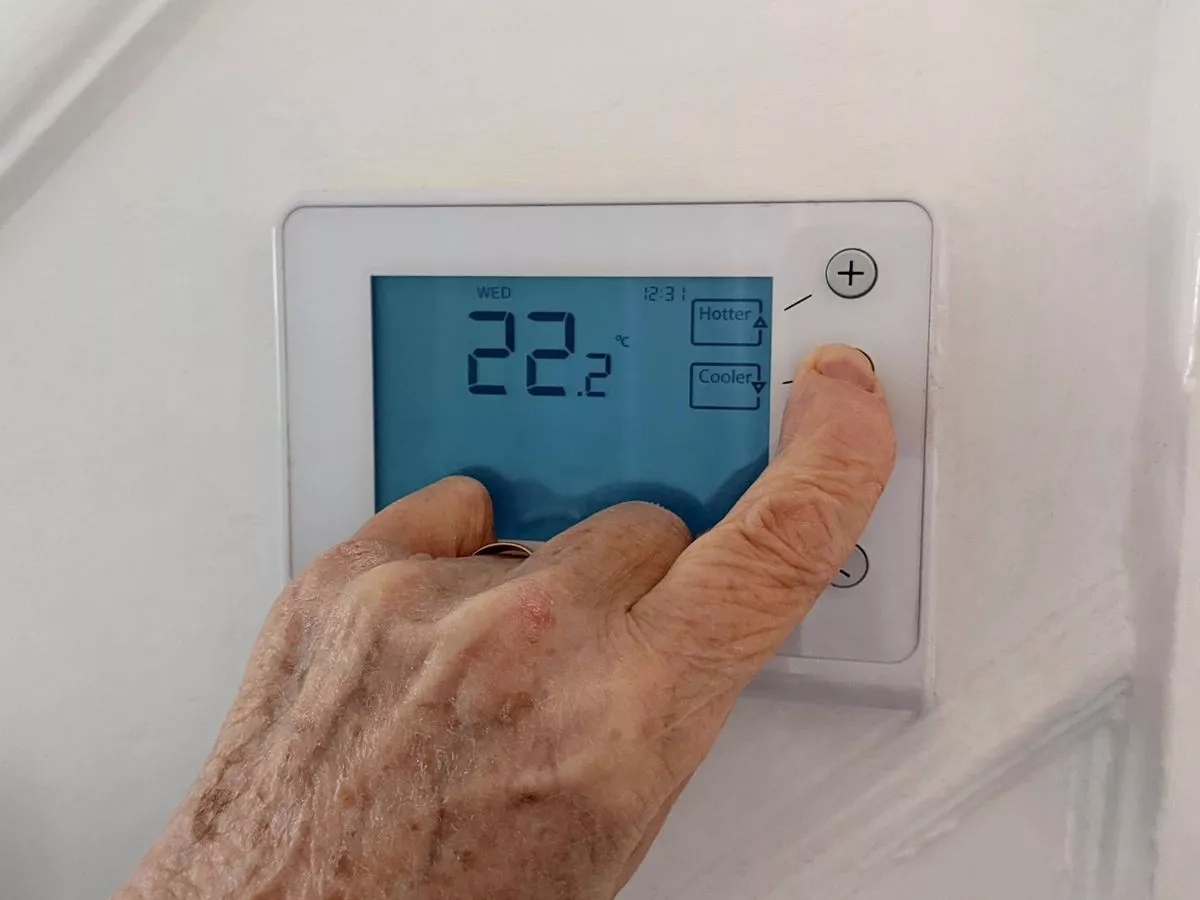Copyright gbcghanaonline

By Rachel Kakraba MThe Expanded Programme on Immunization (EPI) has expressed concern about the growing difficulty in reaching children in urban areas with essential vaccines, warning that the gap poses a significant threat to Ghana’s progress toward achieving universal immunisation coverage. The Acting Programme Manager of the EPI, Dr Selorm Kutsoati, revealed this during a webinar on Strengthening Vaccine Communication in Ghana. She said while vaccination coverage in many rural communities remains relatively high, urban settings continue to present unique challenges, making it increasingly difficult to identify and vaccinate eligible children. “We are having challenges reaching children in urban areas. The way we live now, by 5:30 or 6:00 a.m., mothers have already sent their children to daycare, and the daycares are not allowing people to immunise children there,” she explained. Dr Kutsoati added that societal changes have also contributed to the problem. “Children are going to daycare earlier and earlier. When I was a baby, my mother went to work after three months, but my grandmother would take me to the weighing. Now, how many grandmothers are available to do that? The grandmothers are also working, so children go to daycare and crèches very early in life,” she said. She reaffirmed EPI’s commitment to finding innovative ways to reach urban children, noting that weekend immunisation efforts have also faced challenges. “Some places are difficult to reach on weekdays, but when you schedule weekend immunisations, people don’t show up because they are attending funerals or taking the day to rest. So, we’re having more difficulty reaching urban children, and it’s a new challenge we’re working to address,” she said. Dr Kutsoati noted that Ghana has made remarkable progress in fighting childhood vaccine-preventable diseases, highlighting that neonatal tetanus has been eliminated since 2011. “We’ve conquered many childhood vaccine-preventable diseases in Ghana. For instance, neonatal tetanus has been eliminated since 2011,” she said. Touching on polio, she added: “We haven’t had wild poliovirus infection in Ghana since 2008. Between 2010 and 2021, we didn’t have any documented deaths due to measles, until 2021, when shortages led to outbreaks. That shows that when vaccines are available, children don’t die.” She called on the media, community leaders, and faith-based organisations to intensify advocacy and support immunisation efforts at both the community and national levels. Speaking on behalf of the World Health Organization’s Country Representative, Epidemiologist and Vaccinologist Dr Michael Adjei Rockson explained that vaccines go through a rigorous scientific process before public use. “Vaccines go through a very comprehensive scientific process before they become available. We have what we call pre-clinical trials, where animals such as mice and guinea pigs are used to test safety and efficacy before moving to human clinical trials,” he said. He added that human volunteers are closely monitored during trials to assess the vaccine’s performance, safety, and effectiveness before approval for public use. “Participants are given the vaccine and observed for safety and efficacy to determine how well it can address the disease before manufacturers produce it for use in the population,” he explained. Director of Public Health at the Ghana Health Service, Dr Franklin Asiedu Bekoe, reaffirmed that immunisation remains one of the most effective tools for safeguarding children’s health and future well-being. He commended the EPI for reducing infant and under-five mortality. “In Ghana, the EPI has made significant strides in reducing infant and under-five mortality, from 111 per 1,000 live births in 2003 to 40 per 1,000 live births in 2022,” he said. However, he expressed concern over growing vaccine hesitancy among some segments of the population, fuelled by misinformation, rumours, and myths. Dr Bekoe mentioned that the National Misinformation Taskforce would be strengthened to monitor public conversations and develop strategies to counter misinformation and improve vaccine uptake.



